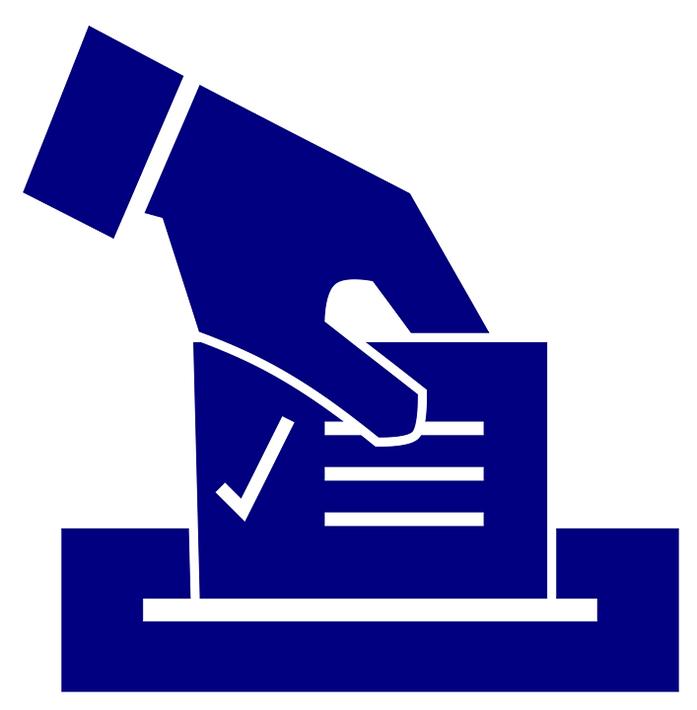Zach Weigel
As the fall semester commences and we brace for the gravity of the approaching November elections, one question among many looms large. What is Iowa’s role in presidential politics? More specifically, will Iowa be important in determining who will win the presidency?
Donald Trump’s running mate, Mike Pence, seems to think so, or at least he wants us to believe that Iowa will be important. Recently at Iowa State, he said, “Iowa always plays such an important role in the choice that America makes.” After joking that the Iowa State Fair is “butter” than the Indiana State Fair (Pence is the governor of Indiana), he went on to proclaim that, “Iowa will lead the way when we elect Donald Trump.”
Intuitively, a political candidate is apt to imply that his target audience is important. It wouldn’t play well with potential voters to say something along the lines of “We hope you vote for us, but in the end it doesn’t really matter.” If, however, you cast political rhetoric aside, a substantial argument can be made that Iowa won’t matter all that much come Election Day.
Admittedly, Iowa is spoiled with the first-in-the-nation caucuses, but even the salience of the caucuses has become tenuous recently. In 2008, Iowa picked Rick Santorum and Mike Huckabee as winners, yet neither ended up becoming their party’s nominee., and this year Iowa picked Ted Cruz, only to see Donald Trump secure the nomination. Not to mention the controversy surrounding whether Hillary Clinton actually won the Iowa caucuses (remember those coin flips?).
Regardless of whether the Iowa caucuses are justified as a legitimate barometer of public opinion, when it comes to the general election, Iowa is normally thought of as a swing state that can make or break an election. Nestled in the heart of the country, Iowa can be conceived as the pulse of the nation. Lying at the crossroads of red states to the West and blue states to the North and East, pundits traditionally view Iowa as more of a purple state with a healthy mix of conservatism and liberalism; however, this may not be the case. Although demographically Iowa is old, white, and rural (all three characteristics are associated with conservativism), voting history would suggest that Iowa is actually fairly blue in presidential elections. Of the last seven presidential elections, a Democrat has won six times, and the lone Republican win in 2004 was a narrow 49.9 percent to 49.3 percent victory for President George W. Bush. With this in mind, Iowa could more accurately be categorized as left-leaning state that favors Democrats when it comes to picking a president. Seven elections is a small sample size. Nevertheless, the data do illuminate a trend that could theoretically be used to predict this election.
There’s also another angle to the argument that Iowa isn’t a key player in the race for the presidency. Iowa has only six electoral votes, making its electoral power quite negligible. In comparison with other speculative swing states such as Ohio and Florida, Iowa’s measly six electoral votes pale in comparison with Ohio’s 18 and Florida’s 29. Moreover, Ohio and Florida are more competitive, with four of the last seven elections going to Democrats in Ohio and three to Democrats in Florida (not including the controversial Supreme Court decision in 2000 that allowed Bush to win.)
Together, the evidence points toward the premise that perhaps Iowa is not a toss-up swing state. If this year’s election has taught us anything thus far, it is to expect the unexpected, so the evidence could lead us astray. I guess we’ll find out in a short two months, but it sure looks like Iowa’s six electoral votes will go to Hillary Clinton and that those six votes will be rather insignificant in propelling her to the 270 needed to win.



